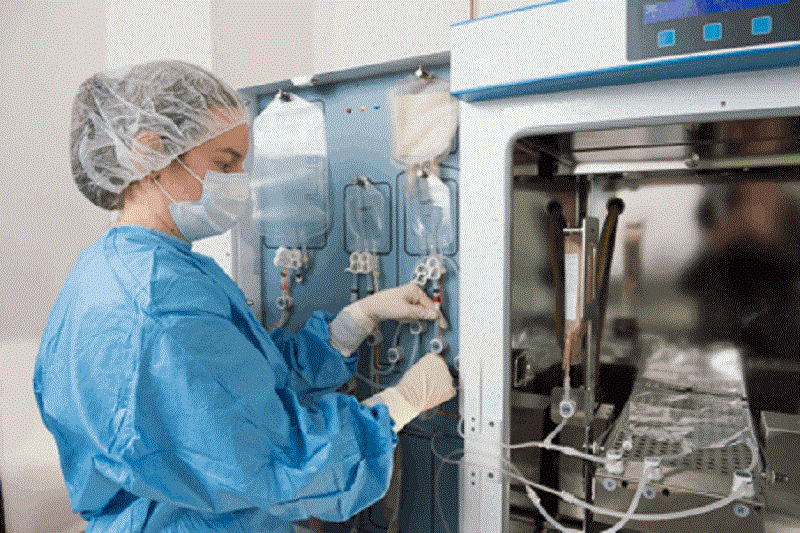Heart transplants may become unnecessary if CellProthera’s human trial of regenerative cardiac therapy succeeds
Blood stem cells would increase 20 times within 9 days

The first and second phases of human clinical trials for CellProthera’s regenerative cardiac therapy begins in January 2016. The French and British governments gave the France-based pharmaceutical startup company the green light to go ahead with human trials after the firm got European authorisation in summer.
For the human clinical trials, CellProthera equipped the EFS ABG Nantes in France and Newcastle Cellular Therapies Facility in UK with the StemXpand® automated system. Using the system would increase blood stem cells by 20 times, according to CellProthera in a press statement.
The trials would have 44 patients who have suffered a severe heart attack as respondents. The 44 would be selected and recruited by cardiologists and spread in six clinical investigation centres in France and three in UK.
The treatment involves the withdrawal of about 220 ml of blood from an outpatient which is sent to the centres where it would be expanded within nine days using the StemXpand® automated system. The cell graft is then reinjected into the cardiac lesion of the patient after the end of the third week after the heart attack.
The therapy could be an alternative to heart transplants for about 1 million patients yearly in main western nations. Professor Philippe Henon, chairman/CSO and co-founder of CellProthera, explains that the therapy involves making heart tissue from the patient’s own cells to repair damage on the heart caused by acute myocardial infarction, or heart attack.
It took Henon, who is also the president of the Haematology and Transplant Research Institute in Mulhouse, 10 years to complete the pioneering therapy. CellProthera estimated the value of global cardiac insufficiency market at €50 billion (AUD$75 billion). It hopes to get a 15 percent share of the market within the next five years and help cut cost for cardio patients. A heart transplant costs $1 million (AUD$1.4 million), according to the National Foundation for Transplants.
At the start of 2016, Pr Jerome Roncallii, principal investigator of the study, would perform the first graft at the University Hospital of Toulouse-Rangueil Hospital. The patient enrollment process is expected to be completed in six months, to be followed by another six months of data monitoring and analysis.
The next step is phase three of the clinical trial with 150 patients in Europe, US and Canada, followed by the marketing phase. Mulhouse, a biotechnological company, has so far raised almost €20 million (AUD$30 million) to fund the clinical trials. It plans to hold another round of fundraising to raise €25 million (AUD$37.7 million) more.





















